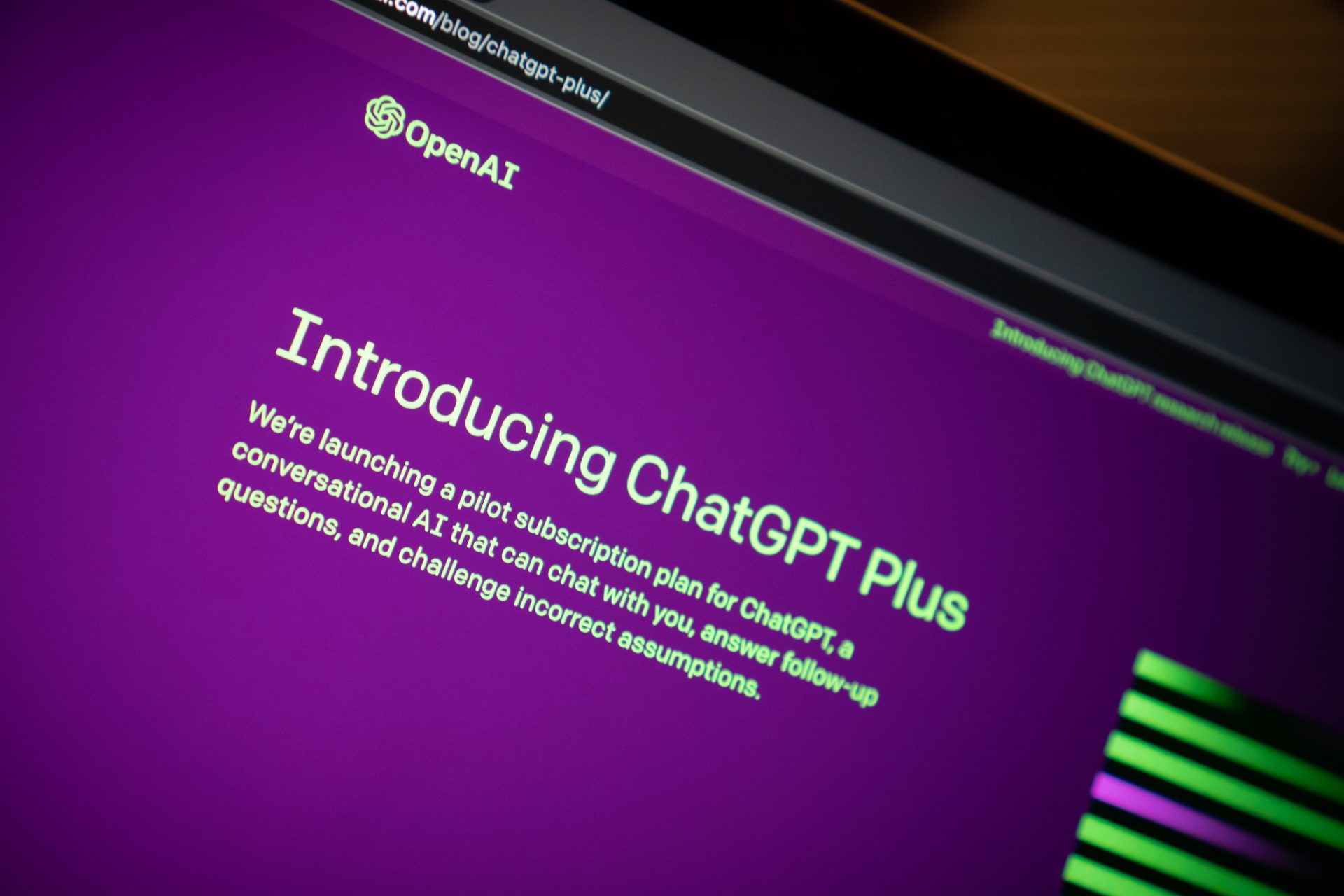In just a year since its release, OpenAI’s ChatGPT has significantly altered the tech landscape, sparking an AI revolution. The platform, which quickly became one of the fastest-growing apps in history, has inspired a surge in AI development across various tech giants. Companies like Google, Microsoft, Amazon, Meta, Salesforce, and Walmart are now actively developing their generative AI-powered software platforms and services. Microsoft, for example, has integrated the technology into its enterprise apps and Bing chatbot, while Meta is creating open-source AI models.
The AI boom, fueled by ChatGPT, has also driven significant growth in the semiconductor industry. Nvidia, a leading AI chip developer, has seen its shares surge over 200% due to this trend. This technology hasn’t just been about corporate gain; it has democratized AI for the masses, making it accessible and easy to use without needing advanced degrees. This accessibility has opened up AI’s potential to a broader range of users and applications.
However, the rise of ChatGPT and generative AI has raised concerns. Issues like data usage rights and the potential for spreading disinformation through AI-generated images and videos are major points of contention. The ability of these platforms to produce convincing, yet false content, poses significant challenges in discerning truth from fiction. On the other hand, AI-generated photos have the potential to help reduce marketing costs for small entrepreneurs, while trying to stand out from their competitors.
Beyond these ethical concerns, generative AI platforms like ChatGPT, Google’s Bard, and Microsoft’s Copilot have been prone to generating “hallucinations” or factually incorrect responses. Efforts are underway to improve these tools, with a focus on distinguishing facts from opinions and implementing effective fact-checking mechanisms.
Looking ahead, the evolution of generative AI tools like ChatGPT will likely continue to impact various sectors, including medicine. Legislative measures are also being considered to regulate AI development and use, with companies voluntarily adhering to ethical AI guidelines and regions like the EU implementing their own AI laws
See first source: Yahoo Finance
FAQ
Q: What impact has ChatGPT had on the technology industry?
A: Since its release, ChatGPT has significantly influenced the tech industry, leading to a surge in AI development among major tech companies like Google, Microsoft, Amazon, Meta, Salesforce, and Walmart.
Q: How has ChatGPT affected the semiconductor industry?
A: The AI boom, driven by ChatGPT, has notably boosted the semiconductor industry. Nvidia, a key AI chip developer, has seen its shares increase by over 200%.
Q: Has ChatGPT made AI more accessible to the general public?
A: Yes, ChatGPT has democratized AI, making it easier and more accessible for the masses, without requiring advanced technical knowledge.
Q: What concerns have arisen from the rise of ChatGPT and generative AI?
A: The rise of these technologies has raised issues such as data usage rights and the potential for spreading disinformation through AI-generated content, which can be misleading or false.
Q: Are there any issues with the accuracy of responses from platforms like ChatGPT?
A: Yes, platforms like ChatGPT, Google’s Bard, and Microsoft’s Copilot have sometimes produced “hallucinations,” or incorrect answers. Efforts are being made to improve these tools, focusing on fact-checking and distinguishing between facts and opinions.
Q: What future developments are expected in the field of generative AI?
A: The evolution of generative AI tools is expected to continue influencing various sectors, including medicine, and there are discussions about legislative measures to regulate AI development and use.
Q: Are there any initiatives to regulate AI development and use?
A: Yes, companies are voluntarily adhering to ethical AI guidelines, and regions like the EU are implementing their own AI laws to regulate the development and use of AI technologies.
Featured Image Credit: Photo by Jonathan Kemper; Unsplash – Thank you!










